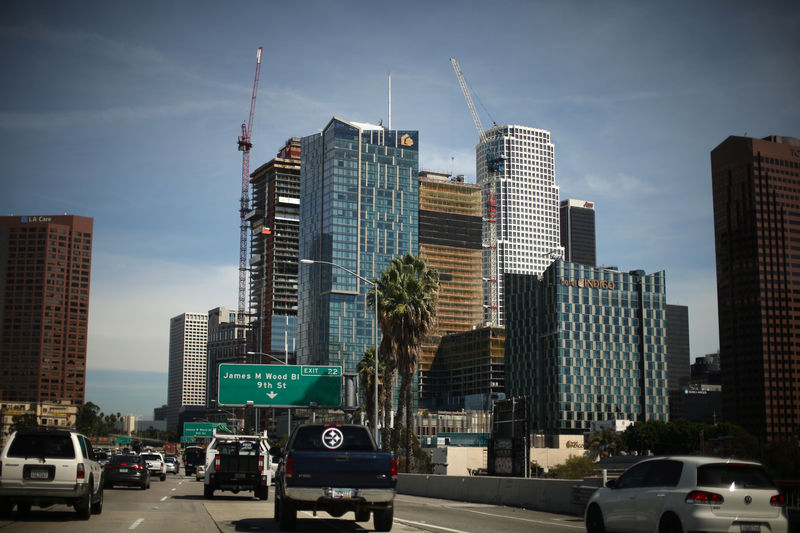By Joseph White
DETROIT (Reuters) - Motorists in the United States, Germany and the United Kingdom spend billions each year in time and fuel searching for parking spots then pay for more time than they need to avoid tickets that would likely cost less, concludes a study released on Wednesday by traffic data aggregator INRIX.
As cities become more congested, the direct and indirect costs of parking are a headache for motorists and policy makers, who often have conflicting goals.
Drivers want cheap, plentiful parking while governments in many large cities want to discourage vehicle traffic, reduce congestion and cut the air pollution generated as cars hunt for on- or off-street parking.
Automakers and technology companies, meanwhile, hope to profit from guiding motorists more smoothly into parking spaces using smartphone apps or technology that automates parking maneuvers.
Closely held INRIX of Kirkland, Washington provides traffic data to parking services and automakers and owns the parking reservation app ParkMe.
The study of parking costs was based on information from the company's parking database and survey responses from 18,000 drivers in 30 cities in Britain, Germany and the United States, the company said.
The study concluded that in the United States, the average driver overpays for parking by $97 a year by buying more time than needed while average parking ticket costs are $12 a year.
INRIX estimates that searching for a parking space in major U.S. cities costs motorists an average of $345 a year in lost time and wasted fuel.
In the UK, motorists pay for excess parking time by an average of 209 pounds ($269), although average parking ticket costs are 39 pounds a year, the study found. The search for parking consumes time and fuel valued at 733 pounds.
In Germany, INRIX estimates motorists pay 98 euros ($112) more than needed for their parking, to avoid an average 8 euros in parking fines. Germans waste an average 896 euros a year hunting for places, the study found.
INRIX found that fewer than 10 percent of respondents in the three countries used one of many smartphone apps designed to help motorists find, reserve and pay for a space in advance of using it.
Asked what they would pay for "smart parking" technology, INRIX said 43 percent of respondents said nothing.
